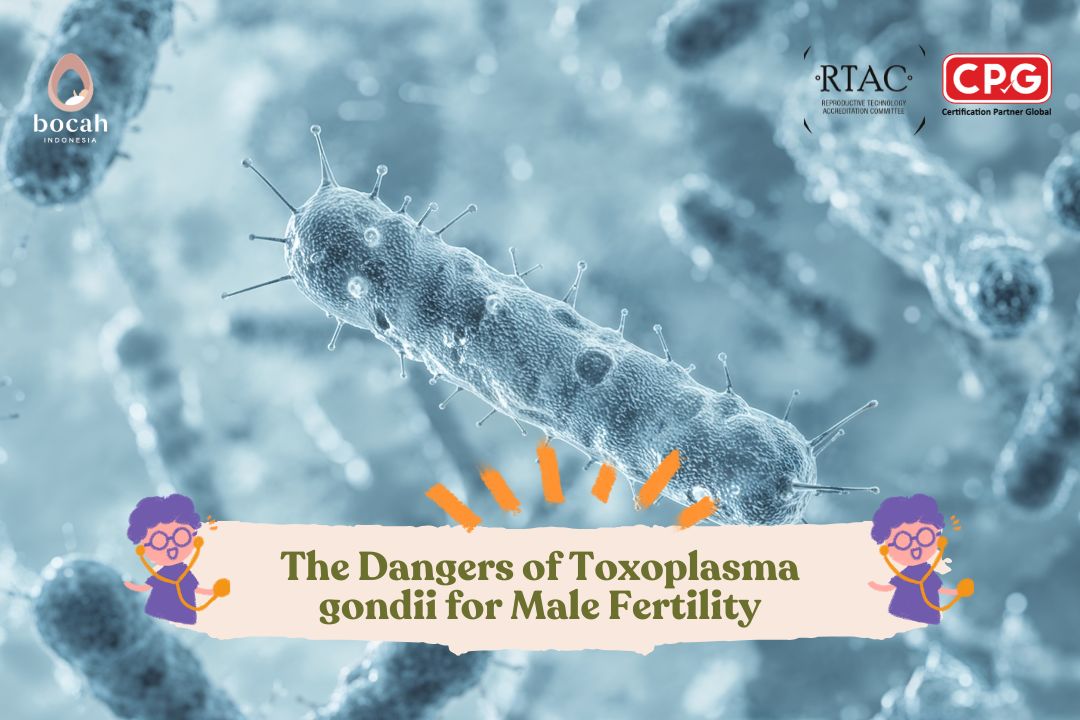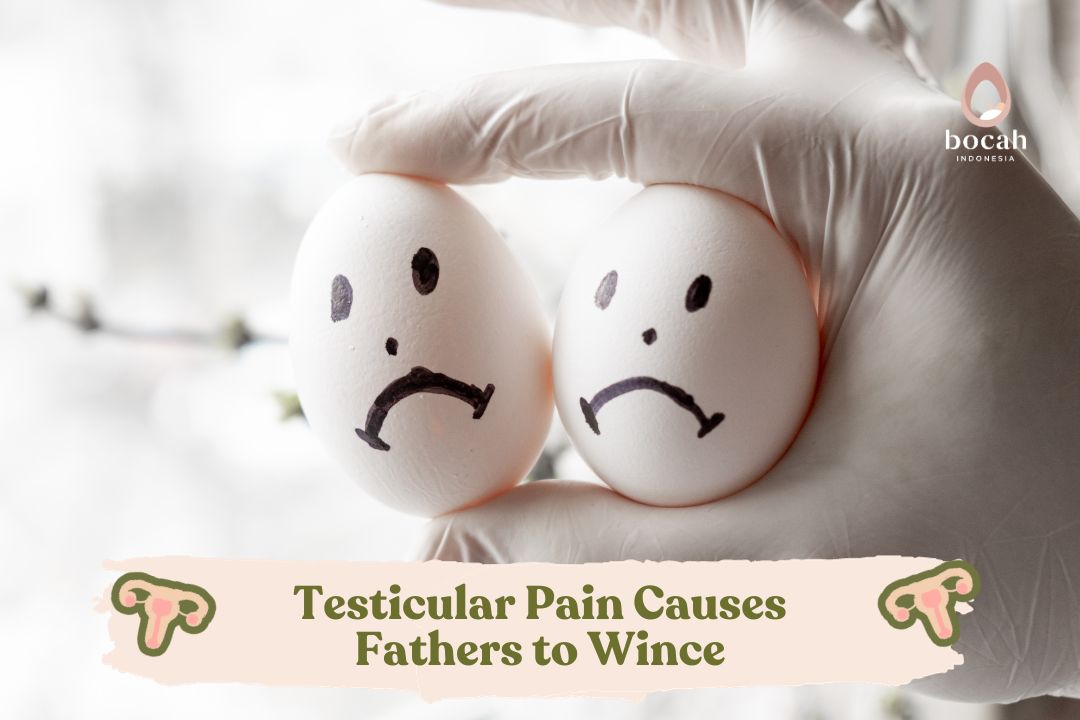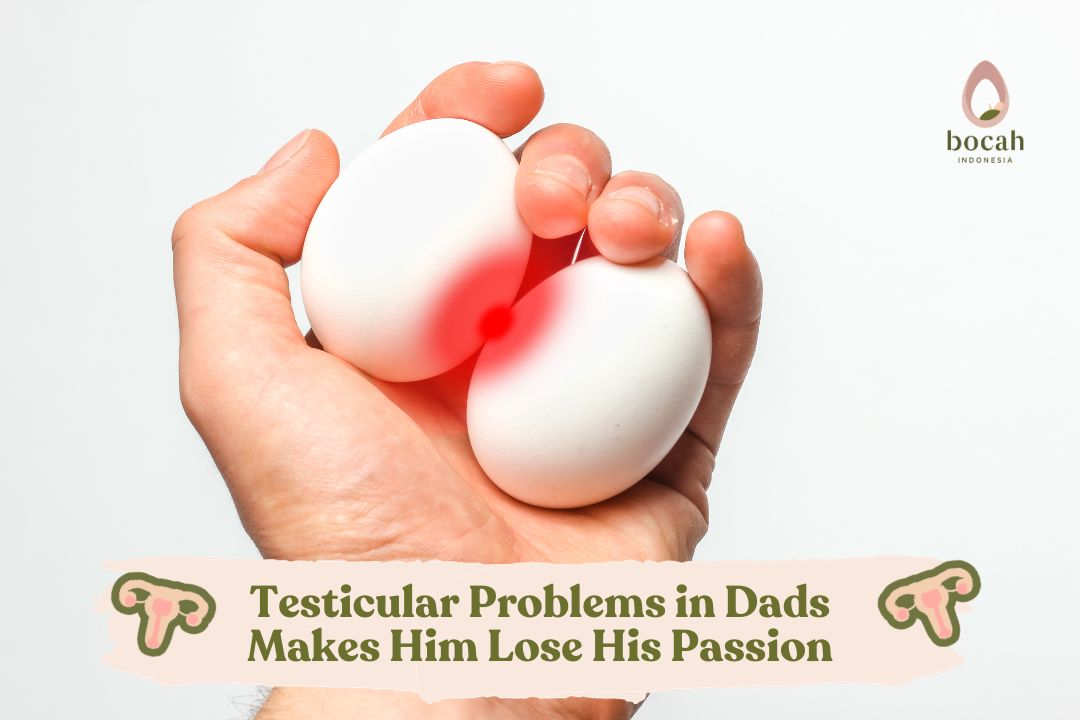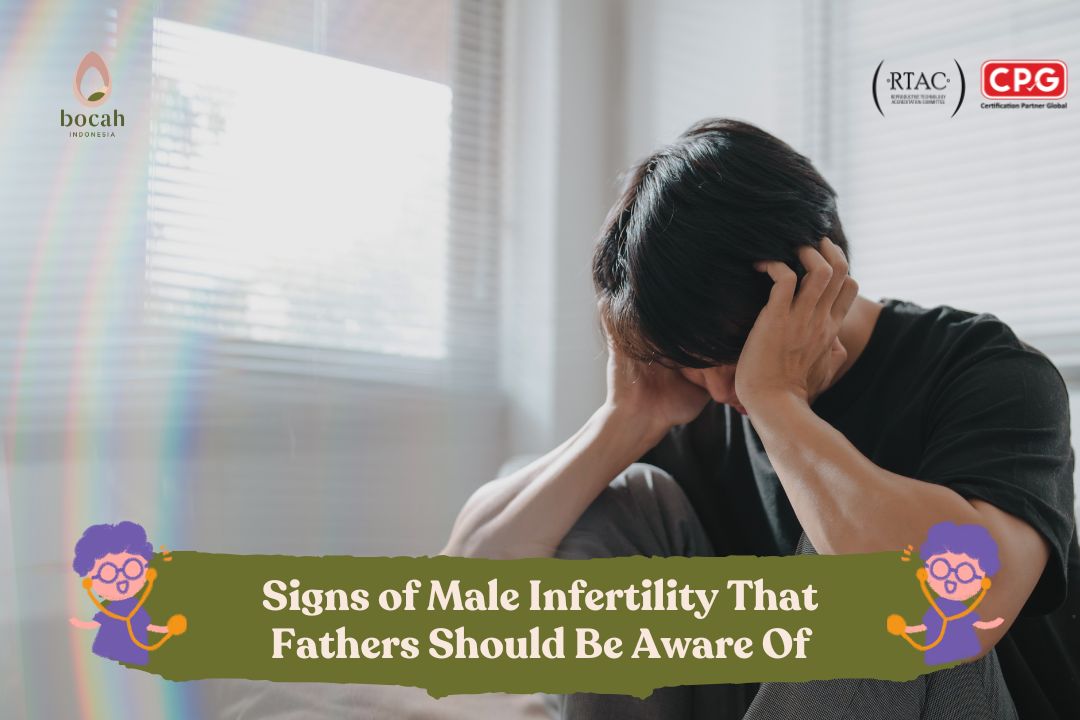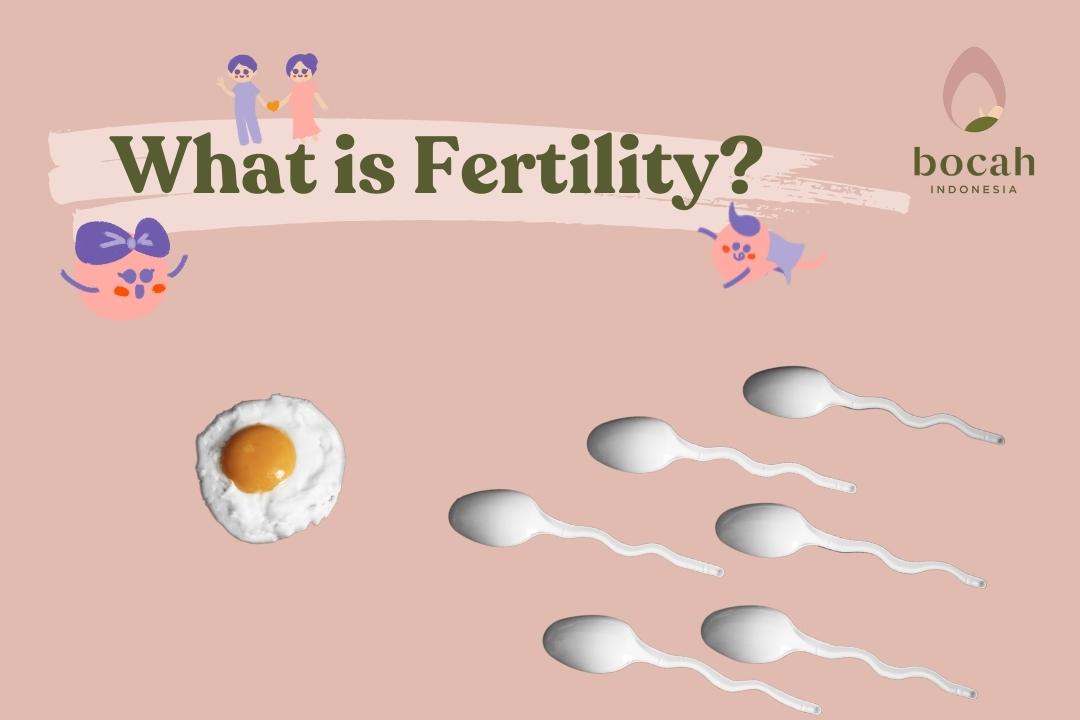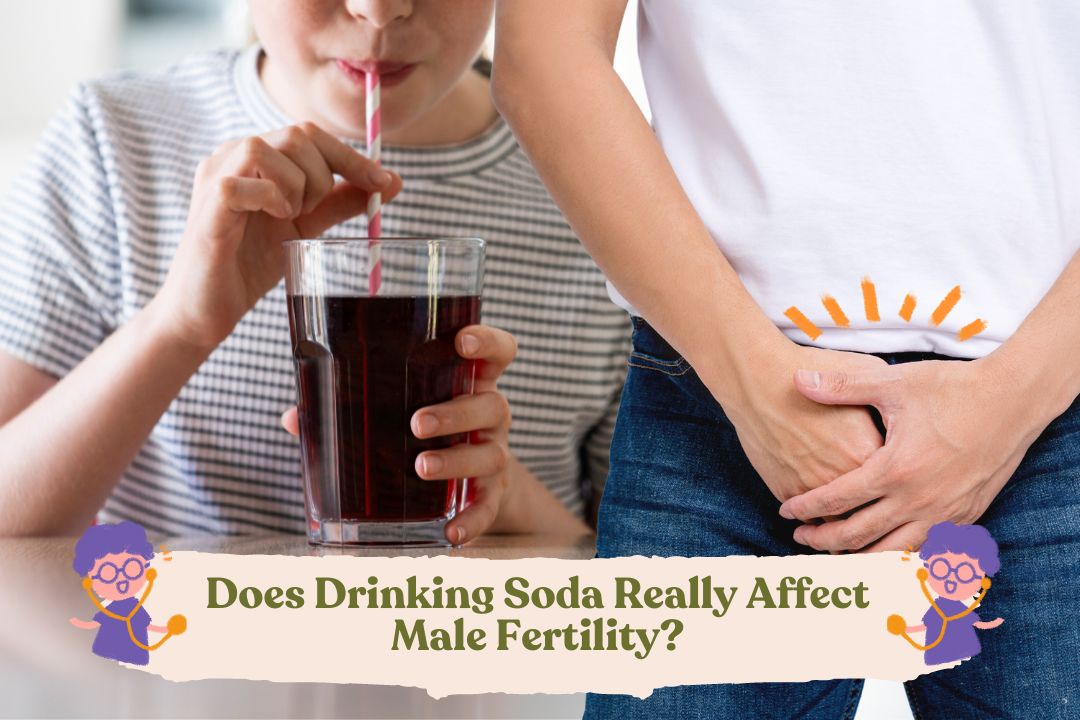Frequent Egg Consumption Leads to Increased Fertility for Fathers
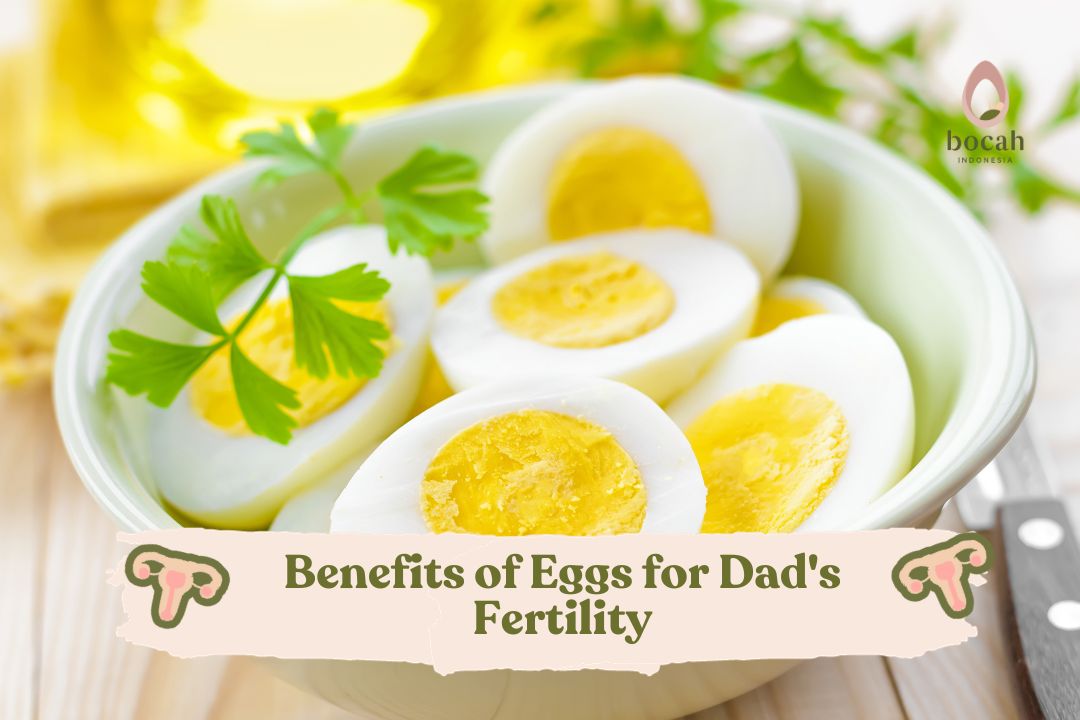
Eggs are recommended for consumption to boost fertility. However, there is an optimal amount that should be consumed..
Eggs are commonly used as a main dish. Besides being easy to find, preparing eggs is also easier compared to other types of food. In fact, many people choose eggs as an alternative menu when on a diet.
Chicken eggs contain a variety of beneficial nutrients for the body, including Protein, Potassium, Vitamin A, Vitamin B, and high levels of Carotenoids. Additionally, eggs also contain omega-3 fatty acids that are good for health.
Egg Contents
Here are the nutritional contents of fresh chicken eggs calculated per 100 grams.
-
Energy: 154 Calories
Tanya Mincah tentang Promil?
-
Protein: 12.4 grams
-
Fat: 10.8 grams
-
Phosphorus: 258 mg
-
Potassium: 118.5 mg
-
Sodium: 142 mg
-
Calcium: 86 mg
-
Retinol (Vitamin A): 61 mcg
-
Vitamin B1: 0.12 mg
-
Vitamin B2: 0.38 mg
-
Carotenoids: 104 mcg
-
Beta-carotene: 22 mcg
In addition, eggs also contain Vitamin K, Zinc, Folate, and even Selenium, all of which play important roles in health. Consuming eggs semi-cooked is believed to be more nutritious compared to cooking them at high temperatures, as high-temperature cooking can reduce the nutritional content of eggs.
However, consuming partially cooked eggs can also be risky for health due to various reasons, including the risk of salmonella bacteria, especially for individuals with weakened immune systems.
Benefits of Eggs for Fertility
It is important to pay attention to the food and beverages consumed during preconception. During this time, the body requires balanced nutrition and nutrients for optimal results.
Now, eggs are one of the foods recommended during preconception. Why is that? The complex B vitamins in eggs can help the ovaries release mature eggs during the fertile period.
Additionally, the omega-3 content in eggs is important for improving fertility for both fathers and mothers. It’s worth noting that not all eggs contain omega-3 fatty acids. Furthermore, the presence of Vitamin D in eggs is also beneficial for men’s reproductive health.
Vitamin D plays a role in increasing the production of testosterone hormones, which are essential for sperm production.
Moreover, the choline content in eggs can improve the health of a mother’s eggs. According to research published in The American Journal of Clinical Nutrition, choline found in eggs is believed to reduce the risk of birth defects in babies.
Although there have been many studies indicating the benefits of egg consumption for preconception, there is no conclusive scientific evidence that eggs can directly help with achieving pregnancy quickly.
Fathers and mothers can consume eggs, but it should be complemented with a balanced diet that includes green vegetables, fruits, grains, legumes, iron-rich foods, and proteins. This is to ensure that the body receives the necessary nutrients.
Tips for Improving Father’s Fertility
In addition to consuming eggs, there are several ways to improve father’s fertility, such as:
-
Maintaining an ideal body weight
-
Managing stress effectively
-
Exercising regularly
-
Quitting smoking for healthier sperm
-
Avoiding alcohol consumption
-
Engaging in regular sexual intercourse with the partner, 2-3 times a week
-
Avoiding exposure to chemicals
-
Avoiding tight pants, hot baths, or sitting with a laptop on the lap
-
Avoiding carrying a cellphone in the pocket
That’s the information on the benefits of eggs for fertility. However, there is no definitive scientific evidence that eggs can directly increase the chances of achieving pregnancy quickly. Make sure to maintain a balanced diet for overall nutrition.
Even though the journey may sometimes be tiring, remember that there is always hope for the future. Stay motivated and keep fighting together with Bocah Indonesia.
Let’s share this information to benefit other fathers and mothers who are on the path to parenthood.
Source:
- Zhan, X., et al. (2021). Choline supplementation influences ovarian follicular development. Front Biosci (Landmark Ed). 2021 Dec 30;26(12):1525-1536.
- Wallace, T.C., et al. (2018). Choline. Nutr Today. 2018 Nov-Dec; 53(6): 240–253.
- Wallace, T.C. (2018). A Comprehensive Review of Eggs, Choline, and Lutein on Cognition Across the Life-span. J Am Coll Nutr. 2018 May-June;37(4):269-285.


